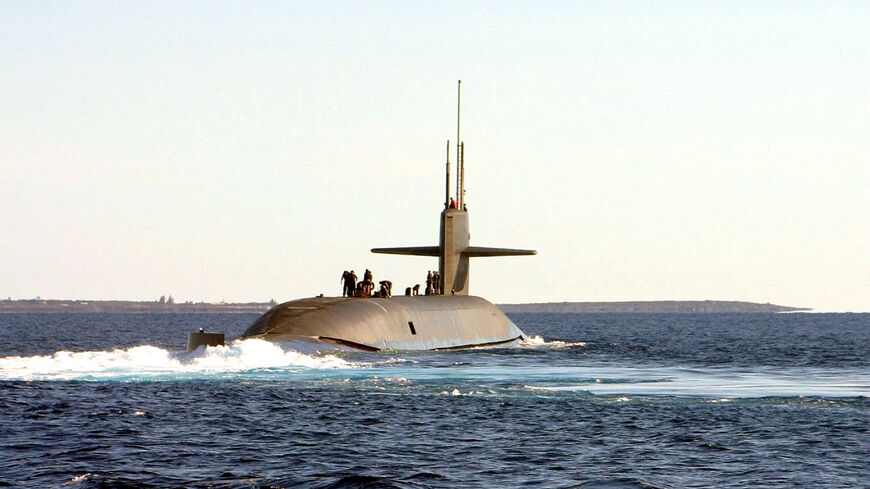
Remarkably, the House and Senate Conference Committee has completed and exhibited the FY24 NDAA, thereby advancing the AUKUS trilateral security agreement. Recently, Joe Courtney, the congressman from CT-02, stated that he is happy about including some critical provisions in the bill.
For the first time, the National Defense Authorization Act (NDAA) has authorized the transfer of Virginia-class nuclear-powered submarines to Australia. It is a notable development in that the United States Navy has, for the first time in more than six decades, been allowed to sell conventionally armed nuclear-powered submarines to a foreign nation. Washington has finally listened to Canberra, which has been advocating for it over the years. This feat comes at the end of the NDAA Conference Committee negotiations, which are among the current diplomatic talks.
In a major breakthrough, a bill is proposed comprising several measures to strengthen the security capacity of Australia. This bill comprises training programs for private sector defense personnel in Australia and helps to improve the country’s proficiency. It also involves incorporating the Australian financial contribution into the U.S. defense industrial base as a beneficial partner. The bill further stresses technology and information sharing between the United States, Australia, and the United Kingdom. This collaborative approach will provide a means for improving defense cooperation and strategic alignment between these crucial allies.
Under the Defense Production Act, it has been simplified for the sharing of technology, which has strengthened security cooperation in the Indo-Pacific region. In a significant move, the National Defense Authorization Act has offered the Navy an opportunity to contract an agreement to build up to 13 Virginia-class submarines in the subsequent block contract. This is a pivotal step to guaranteeing continual supply and providing for the urgent needs of the fleet.
Courtney, the congressman, thanks the leaders of the Armed Services and Foreign Affairs committees, including Ambassador Kevin Rudd (Australia) and Ambassador Dame Karen Pierce (UK), for their staunch support for those pivotal provisions.
Representative Courtney appealed to his fellow Republicans on the House floor to vote for the bill as a plea for unity across party lines. He emphasized strongly that the NDAA is a proof of the Congress’s work together to protect national security and alliances. In a historic act of bipartisanship, the NDAA has been an annual event for the past 63 years.























